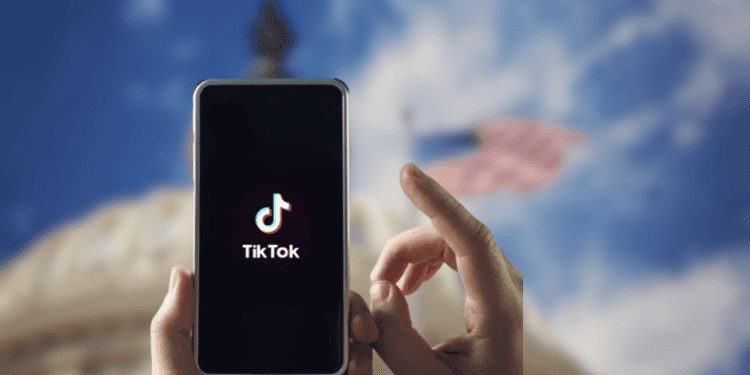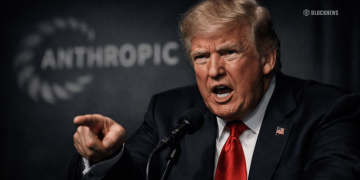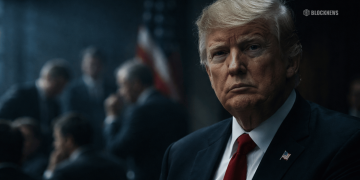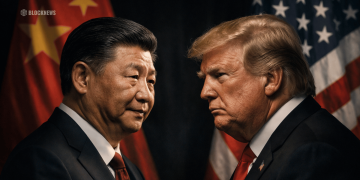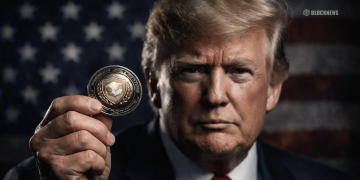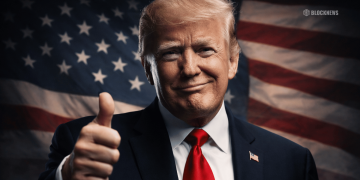- The House of Representatives passed a bill requiring TikTok’s owner ByteDance to sell the app within 165 days or face a ban, citing worries about China collecting American users’ data or censoring content.
- TikTok argues it does not share U.S. user data with China, says a ban would hurt creators, and claims it’s unclear if a sale is feasible in 6 months.
- There are bipartisan concerns about TikTok but disagreement on the right policy response, as courts have blocked previous efforts to restrict the app over free speech issues.
TikTok has exploded in popularity in recent years, becoming one of the most widely used social media platforms globally. However, concerns have been raised about the app’s Chinese ownership and potential national security risks. As policymakers grapple with balancing user engagement and data privacy, the future of TikTok in the United States remains uncertain.
The House Votes to Force TikTok’s Owner to Sell or Face Ban
The House of Representatives recently passed a bill that would require TikTok’s owner, ByteDance, to sell the app within 165 days. If ByteDance does not comply, the bill would legally bar app stores from hosting TikTok. Proponents argue the bill addresses worries that China-based ByteDance could collect American users’ data or censor content. However, some Democrats have opposed the legislation over free speech concerns, instead suggesting measures to curb foreign influence across all social media.
TikTok Denies Sharing Data with China, Warns Ban Would Hurt Creators
TikTok has stated it does not and would not share U.S. user data with the Chinese government. The company argues the House bill would ban TikTok, damaging millions of businesses and taking away users’ rights to free expression. TikTok says it is unclear if China would approve a sale or if TikTok could be divested in six months.
Previous Attempts to Restrict TikTok Have Stalled
There have been prior efforts to limit TikTok. Former President Trump pursued bans on the app in 2020, but courts blocked them over First Amendment issues. Montana also passed a state-level TikTok ban in 2023 that was blocked by courts. Trump has since reversed his stance and now opposes banning TikTok.
Bipartisan Concerns, But Debate Over Proper Response
While lawmakers from both parties have raised concerns about TikTok, they disagree on how to address those worries. The bill’s future is uncertain in the Senate. The White House has backed the House bill, but some argue more targeted measures could curb foreign influence without singling out TikTok.
Conclusion
The intense debate over restricting TikTok reflects broader tensions between promoting free expression online and addressing national security risks. As policymakers, courts, and the public continue to weigh these issues, the future of one of America’s most popular apps hangs in the balance.


